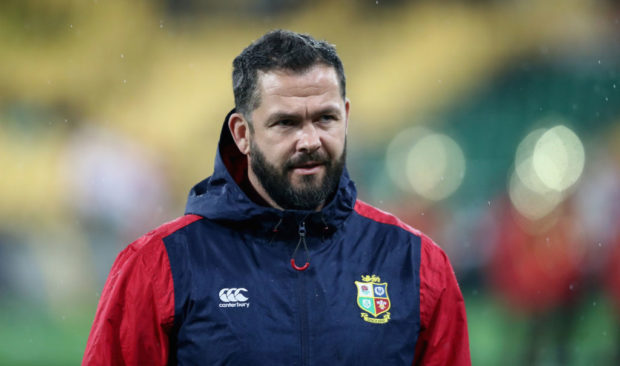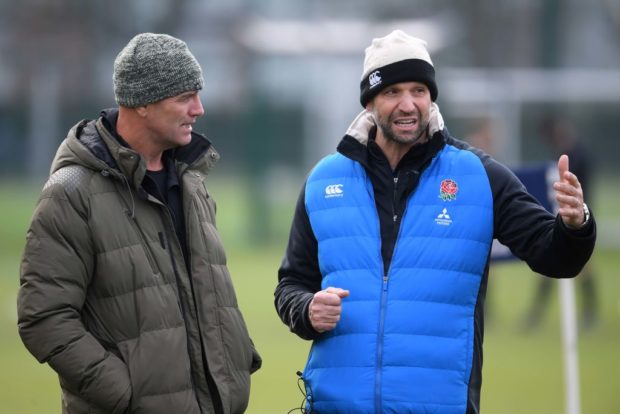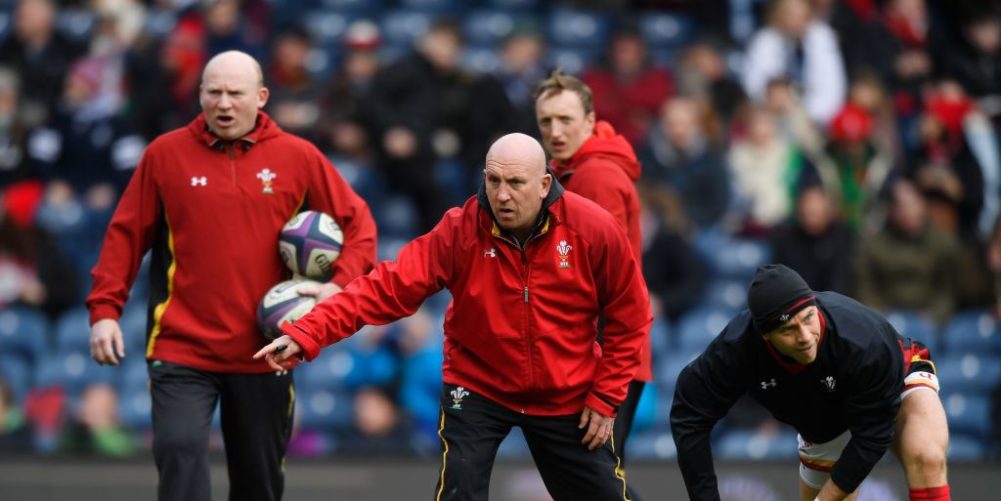THE decision by Shaun Edwards to join France after the 2019 World Cup is another instance of the RFU missing out on a decorated English coach.
It is not the first time Edwards has slipped through the RFU net. Back in 2004 he and Warren Gatland were right under the noses of the English governing body, having taken Wasps to three consecutive Premiership titles, including a domestic and European Cup double (2004) – and yet Wales beat them to the punch.
Eleven years on, Wales have been restored to a position among the major powers in world rugby. Three Welsh Grand Slams later (2008, 2012, 2019) – compared to just one over the same period by England (2016) – and the missed opportunity script seems to be coming round again.
The question that should be asked by the RFU is how many other triple Grand Slam-winning English defence coaches are there out there? The answer is none.
The only one who comes close is another Englishman, the Ireland coach-elect, Andy Farrell. He has one Slam with Ireland, and has three wins and a draw against New Zealand (with Ireland and the Lions) on his CV.

The fact that Edwards, who has proved with Wales, and before that with Wasps, that he is one the most innovative and effective defence coaches the game has seen, is going to France raises serious questions about the state of England’s coaching succession plan after the 2019 World Cup.
This is the remit of Nigel Melville, the RFU’s professional rugby director, and at the moment he must be concerned that England are looking like the odd man out, with no plans announced other than the contingency to engage Eddie Jones for another two years.
However, that plan is predicated on a successful England World Cup. Given the resources that Jones has had at his disposal anything less than a last four finish would be a negative outcome, and would make him continuing with England untenable.
Meanwhile, France now have a formidable looking team in place for the four years leading into the 2023 World Cup they are hosting, with Fabien Galthie as head coach, Edwards as defence coach, Racing’s Laurent Labit as attack coach, and Raphael Ibanez as team manager.
Elsewhere, Ireland have Farrell lined up to succeed Joe Schmidt, Wales have Wayne Pivac signed to replace Gatland, and Scotland have Gregor Townsend in place already.
What is curious, given England’s failure so far to announce a Plan B, is that last week Gatland – whose record in Northern Hemisphere rugby is unrivalled – said that he had been approached by a number of potential employers, but that England were categorically not among them.
This is stranger still when you consider that both Melville, and the former RFU chief executive, Steve Brown, went on record in recent months that Gatland is one of the candidates at the top of the RFU’s head coach shopping list.
However, Gatland, who has a reputation for being an astute negotiator, said: “I haven’t spoken to England at all. I think they were quite clear in what they were doing, in that they won’t be making any appointments or talking to anyone until post-World Cup.”
He added that he is considering his options. This left Melville’s statement before Christmas that he is regularly in touch with Gatland, who he knows well from a season together at Wasps, blowing in the breeze.
If the lines of communication have been down because Wales scuppered England’s hopes of winning the Six Nations championship in February it would be surprising. A more plausible explanation is that no sooner had Wales completed their clean sweep than Gatland was said to be considering becoming head coach of France – although the speculation was short lived when rank-and-file French clubs vetoed the appointment of a foreigner as head coach of their national team.
Another possibility is that Jones has warned the RFU that any more speculation about his replacement will see him exercise his option to leave the England job as soon as the World Cup is over, rather than remain either as a head coach or as a consultant, until 2021.
This “golden handcuffs” contractual extension signed with Jones has all the hallmarks of a cock-up, and has done from the moment Brown agreed it. There are a couple of reasons why the RFU have got themselves into such a potential contractual bind. The first is that Jones could be due significant financial compensation at a time when the RFU are embroiled in controversy over cut backs, so they have tied their own hands.
The second is that post-World Cup, Melville is lining up an English head coach to succeed Jones after a handover period – with Jim Mallinder as the front runner. Since Mallinder was sacked by Northampton last season he has been working as an RFU pathway coach, mainly with the U20s and U18s.

For a number of seasons, when Northampton were title contenders in the Premiership and in Europe, Mallinder’s stock as a potential England coach was high – especially as he had already had a successful three-year stint coaching the England Saxons, and the England Academy (2004-2007).
However, while he won the second tier Challenge Cup twice, once with Sale and then with Northampton, the big trophies eluded him during most of his ten-year stint at the Saints, including losing a spectacular European Cup final to Leinster in 2011.
However, after reaching two successive Premiership finals in 2013 and 2014, Northampton at last got over the line in the second of them, beating Saracens in extra time to become English champions for the first time.
From that high point Northampton gradually slipped down the Premiership pecking order, and with the likeable Mallinder unable to find a remedy he and the club parted company in December 2017.
In terms of winning big prizes at elite level Jim Mallinder’s CV does not compare with a Gatland, Schmidt, Steve Hansen, Mark McCall, or Edwards, and the nature of his departure from Saints is not a ringing endorsement for a future England head coach.
The harsh reality of professional coaching is that track-record is everything, and so is timing in terms of getting your man – and given multiple failures on that front, it is not a reminder that the RFU should require.























